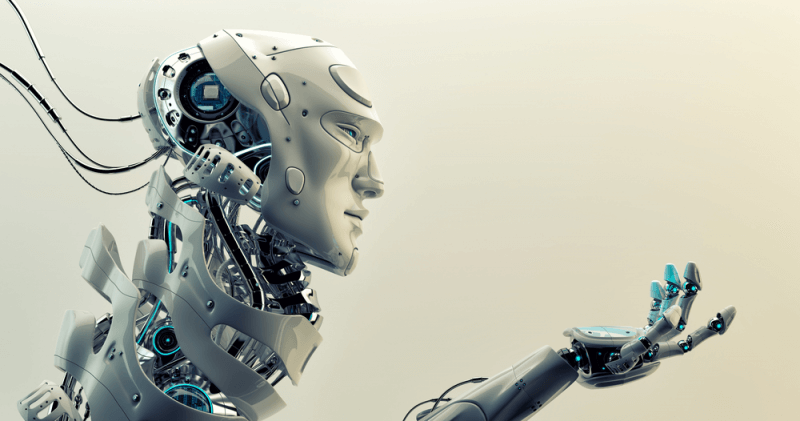
It’s been estimated that over a third of all jobs could be lost through automation from robots and artificial intelligences over the next 20 years. As technology advances and machines get smarter and cheaper, should we be worried about the human cost?
Thanks to tech such as food-delivering robots, self-driving cars and tractors, and advanced AI, an ever-increasing number of professions, including those that were previously thought to be safe from automation, now appear to be at risk – though workers with lower levels of education are the ones most likely to be replaced by machines.
Bill Gates thinks taxing the companies that make the robots is the best solution. With the money going toward retraining staff for jobs that require human empathy and understanding.
What’s your opinion on the situation? Should firms creating these technologies do more to help the workers that are being replaced? Is automation, by no means a new thing, part of the inevitable advancement of humanity? Or will this lead to a Skynet-style overlord AI that turns us all into living batteries? Whatever your thoughts, do let us know.
https://www.techspot.com/news/68649-weekend-open-forum-worried-about-robots-taking-human.html